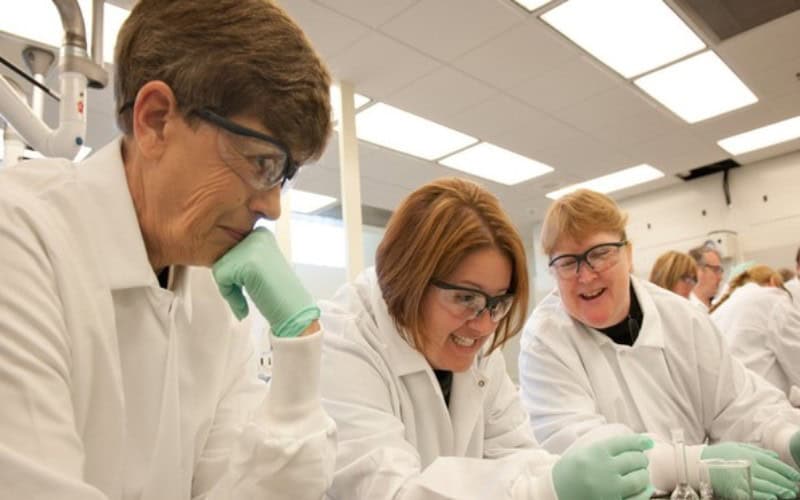Washington: Scientists have raised an issue of lack of diversity in genomic research.
A growing number of genomic studies have generated important discoveries regarding human health and behaviour, but new research from the University of Oxford suggests that scientific advancement is limited by a lack of diversity. The study shows that the people studied in genetic discovery research continue to be overwhelmingly of European descent. It also pointed out that these subjects are concentrated in a handful of countries – the UK, US and Iceland, and have specific demographic characteristics.
The study published in Communications Biology contributes to a richer understanding of a multitude of facets which shape genomic bias over time. The study reviewed nearly 4,000 scientific studies between 2005 and 2018.
The study examined the explosion in the number of people studied, the number and strength of genetic association discoveries, and growth and variation in the number of outcomes. It also looked at who was being studied in terms of ancestral background, geographical location and demographics and who was conducting the research, including the networks and characteristics of the researchers themselves.
Despite a staggering growth in sample sizes, the number of traits and diseases studied and genetic discoveries, findings from the study reveal that ancestral diversity has stalled and that non-white groups are still massively under-represented.
Data was subject not only to geographical concentration but also featured a higher than the anticipated proportion of older people, women and in some of the most prominently used data, also subjects with higher socioeconomic status and better health.
Melinda Mills, lead author of the study said, “The lack of ancestral diversity in genomic research has been an on-going concern, but little attention has been placed on the geographical and demographic characteristics of the people who are studied, who studies them, and exactly what they study.”
“Genetic discoveries offer exciting medical possibilities, but without increasing the diversity of people studied and the environments they live in, the usage and returns of this research are limited.
There is increasing recognition that our health outcomes are a complex interplay between genes and the environment – or in other words, nature and nurture – yet most discoveries have been taken from populations that are very similar, with limited environmental variation,” Mills concluded.
[source_without_link]ANI[/source_without_link]

